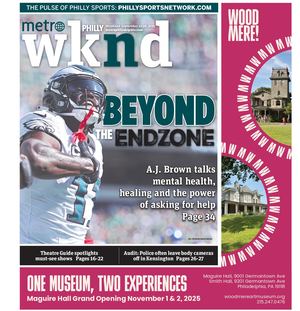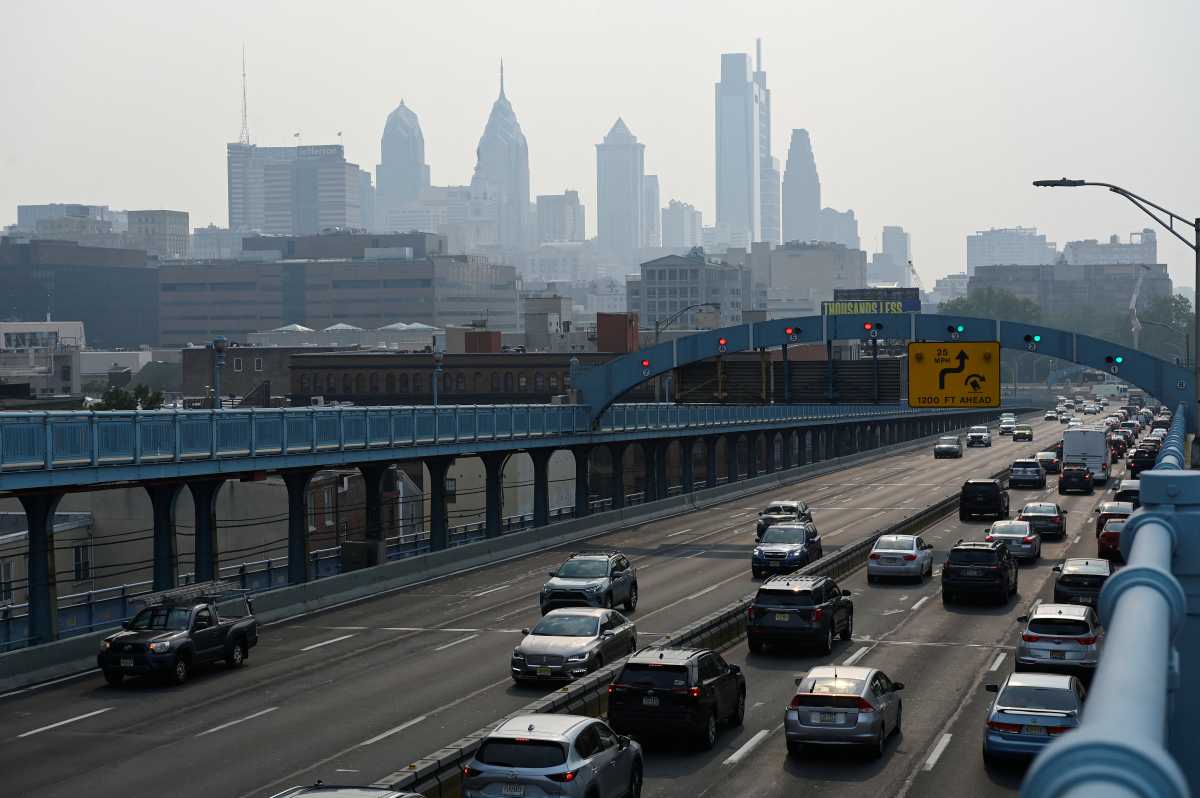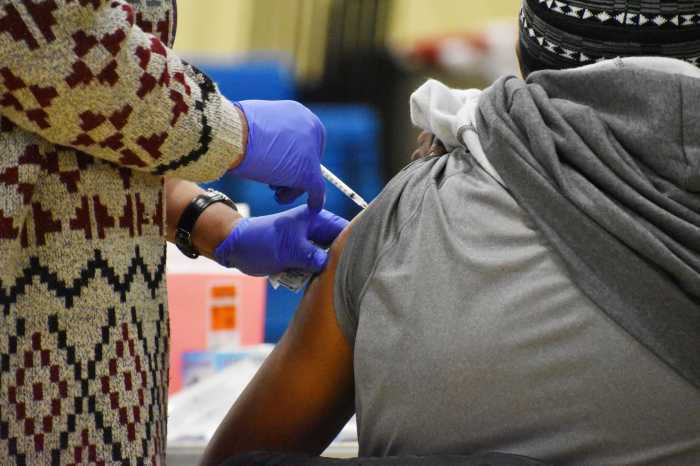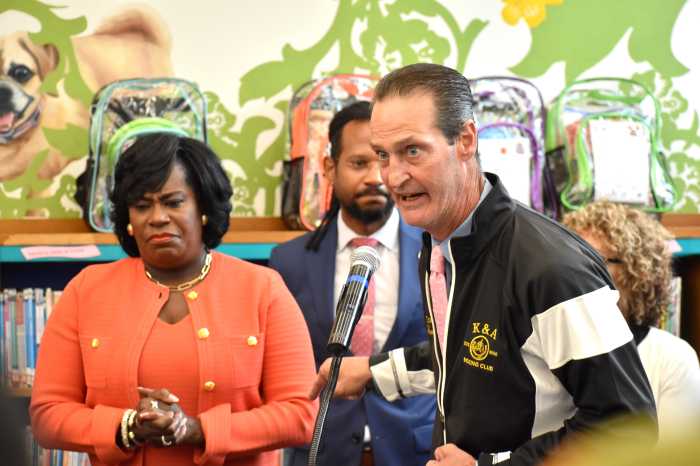As wildfires continue burning in Canada throughout Alberta, Saskatchewan and into Ontario, areas throughout Greater Philadelphia will see their air quality impacted by smoke this weekend.
Philadelphia has issued a code yellow air quality alert on Wednesday due to the smoke with the potential to worsen over the coming days.
As the smoke continues to affect the air quality, it can make it increasingly more unhealthy to breathe, becoming especially harmful to sensitive groups, including children, older adults, and those with lung diseases like asthma, chronic obstructive pulmonary disease, pneumonia, and pulmonary fibrosis.
To help avoid the damaging effects of poor air quality, the American Lung Association has offered six tips to help people avoid lung irritation and other health complications due to increased air pollution.
First and foremost, stay indoors. Those living in close proximity to heavily afflicted areas should closely follow updates from local authorities and remain indoors to reduce smoke inhalation, ashes and other pollutants in the area.
Second, be sure to protect the air in your home. The best way to do so is to keep your doors, windows, and fireplace dampers shut, preferably with clean air circulating through air conditioners on the recirculation setting. If you have an air purifier, especially one with HEPA filters, now is the time to use it.
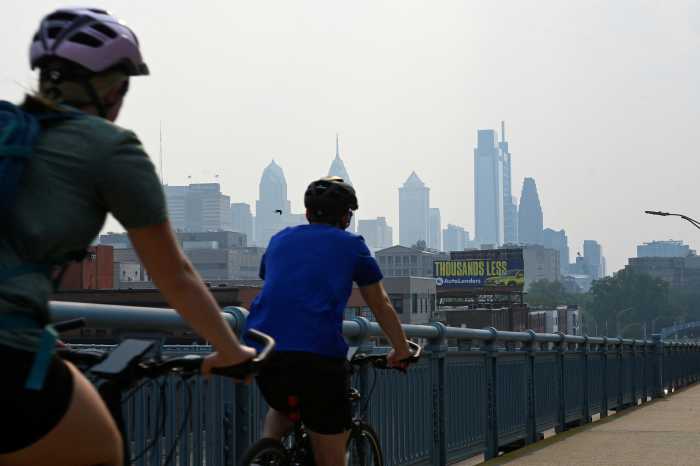
Third, keep an eye out for any symptoms developing. These could include difficulty breathing as higher levels of smoke enter some areas. Coughing, wheezing, as well as eye, nose, and throat irritation are all additional signs to watch out for. If you are experiencing any concerning symptoms, contact your healthcare provider.
Fourth, and this is crucial, take precautions for kids. Children are more susceptible to smoke and extra precautions should be taken to prevent ill effects. Children’s lungs are still developing, and they breathe in more air for their size than adults, which means they are also inhaling more pollution.
Fifth, don’t count on a dust mask. Everyday dust masks are designed to filter out large particles, not wildfire smoke. Cloth facial coverings are even less helpful. In both cases, the more dangerous, smaller particles are still able to pass through. There are mask alternatives: those with an N-95 or N-100 filter will filter out the damaging fine particles, but be warned, they may not fit properly as they are not made for children or adults with facial hair, and they are difficult for people with lung disease to use.
Finally, ask for help. The American Lung Association’s Lung HelpLine is free and available at 1-800-LUNGUSA. It is staffed by nurses and respiratory therapists who are ready to assist and answer any questions about the lungs, lung disease and lung health, including how to protect yourself during wildfires.
For more information about the American Lung Association, call 1-800-LUNGUSA (1-800-586-4872) or visit Lung.org
